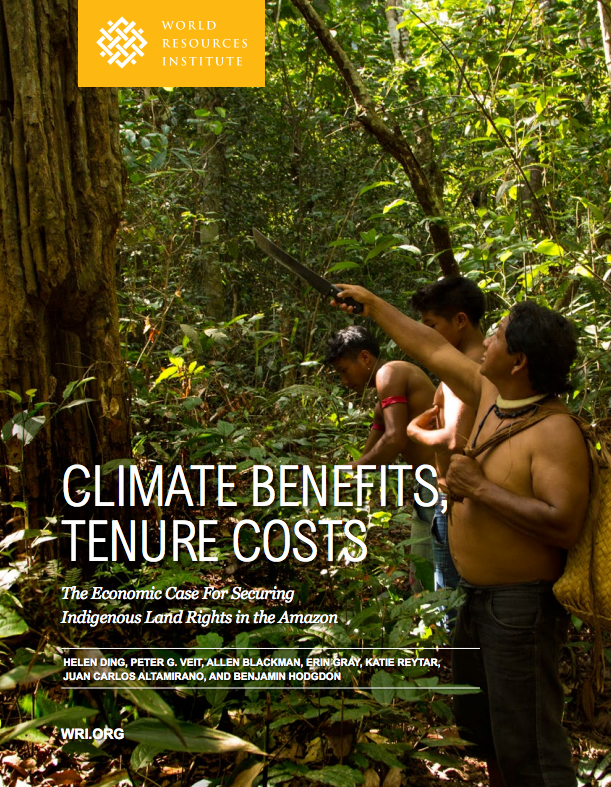A Strategic Agricultural Sector and Food Security Diagnostic for Myanmar
ABSTRACTED FROM THE INTRODUCTION: This report provides a strategic assessment of the key issues, opportunities, constraints and choices facing Myanmar’s agricultural sector. Discussion focuses on pathways that will permit agriculture to contribute meaningfully to broad-based improvements in purchasing power and food security for the country’s many landless and vulnerable households. In doing so, it aims to assist public and private stakeholders who will be making the key investment and policy decisions governing future agricultural and food security trajectories in Myanmar.








